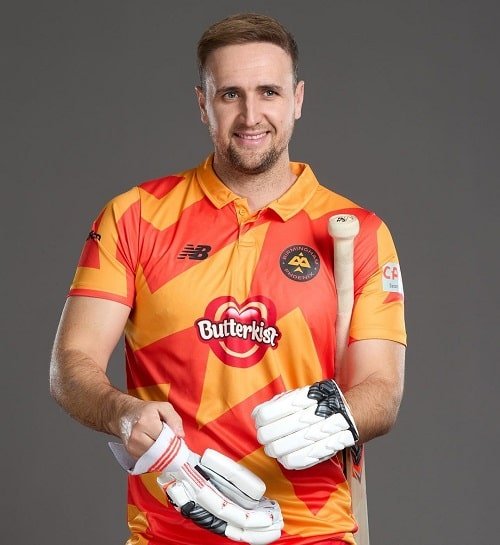In this article, here is the full details of Zack de la Rocha about wiki, biography, date of birth, birthplace, zodiac sign, nationality, hometown, age, height, weight, father, mother, family, girlfriend, wife, relationship status, children, profession, education, career, net worth, facts, Wikipedia, and many more.

Wiki/Biography:-
| Name | Zacharias Manuel de la Rocha |
| Nick Name | Zack de la Rocha |
| Date of Birth | 12 January 1970 |
| Age | 51 Years(in 2021) |
| Birth Place | Long Beach, California, United States |
| Gender | Male |
| Zodiac Sign | Capricorn |
| Religion | Not Known |
| Nationality | American |
| Sexual Orientation | Straight |
| Hometown | USA |
Net Worth:-
| Profession | Musician Singer Songwriter Rapper Activist |
| Net Worth | $30 Million |
Physical Appearance:-
| Height | 5 feet 10 inches |
| Weight | 70 kg |
| Eye Color | Black |
| Hair Color | Black |
Education:-
| School | Not Known |
| College | University of California |
| Qualification | Graduate |
Family Background:-
| Father Name | Robert de la Rocha |
| Mother Name | Olivia larryne Carter |
| Siblings | Not Known |
Relationships:-
| Girlfriend | Jennifer Chu |
| Wife Name | Not Known |
| Marital Status | Unmarried |
| Children Name | N/A |
Stay connected with the wikimavani to know more about other trending personalities the wiki, biography, date of birth, birthplace, zodiac sign, nationality, hometown, age, height, weight, father, mother, family, boyfriend, husband, girlfriend, wife, relationship status, children, profession, education, career, net worth, facts, Wikipedia, and many more.









